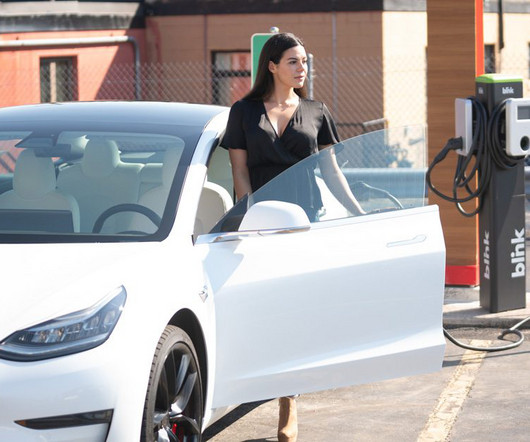California ARB: GHG emissions fell below 1990 levels for first time in 2016; down 13% from 2004 peak; transportation emissions up 2%
Green Car Congress
JULY 12, 2018
They fell 23% from a peak of 14 metric tons per person (roughly equal to driving 34,000 miles) in 2001 to 10.8 metric tons per person in 2016 (roughly equal to driving 26,000 miles). The transportation sector, the state’s largest source of greenhouse gases, saw a 2% increase in emissions in 2016 because of increased fuel consumption.




































Let's personalize your content